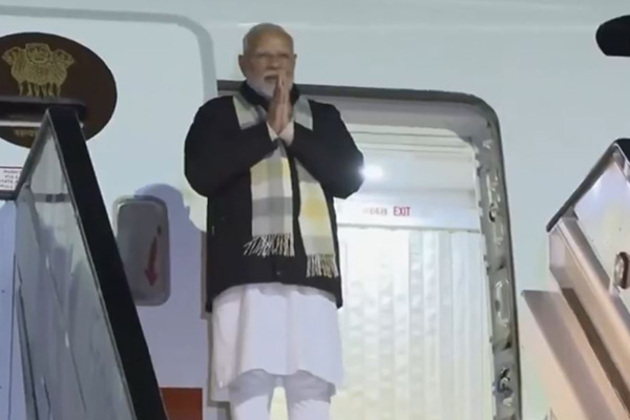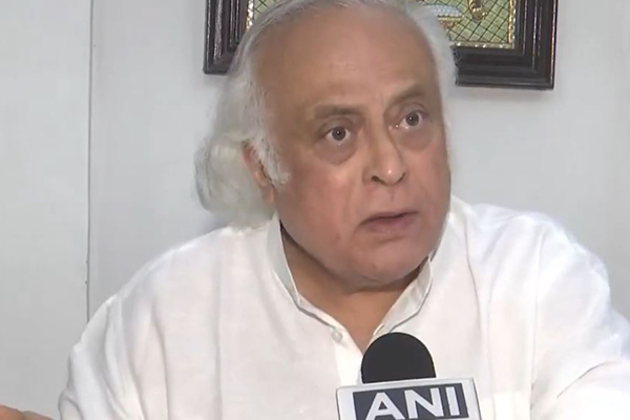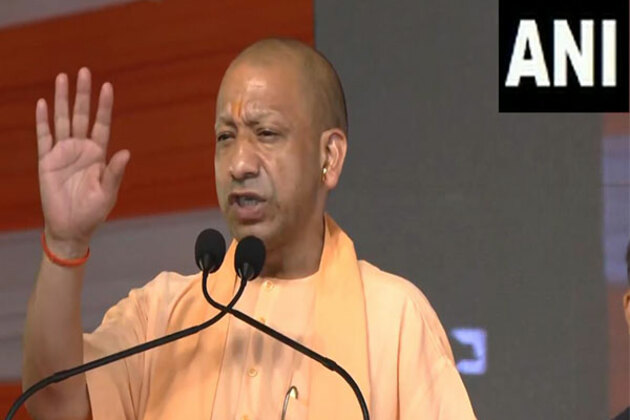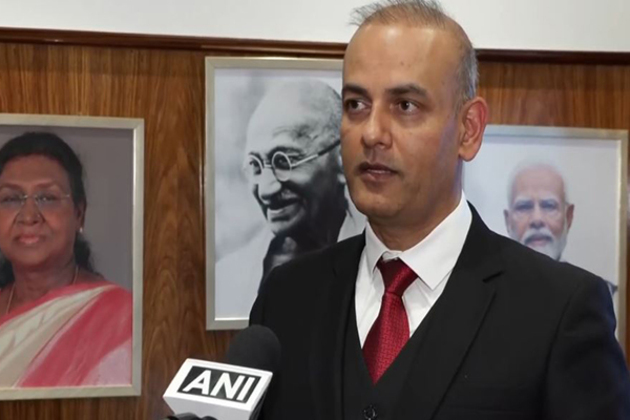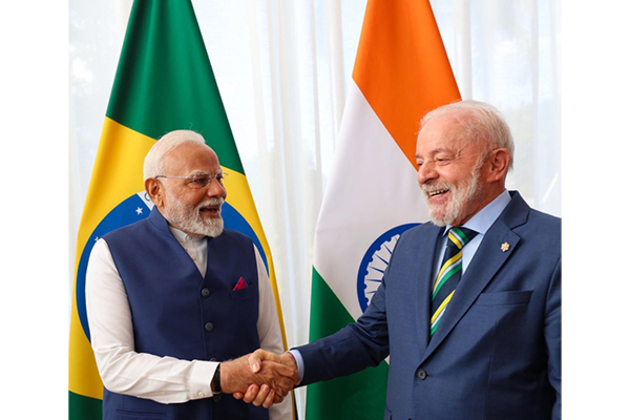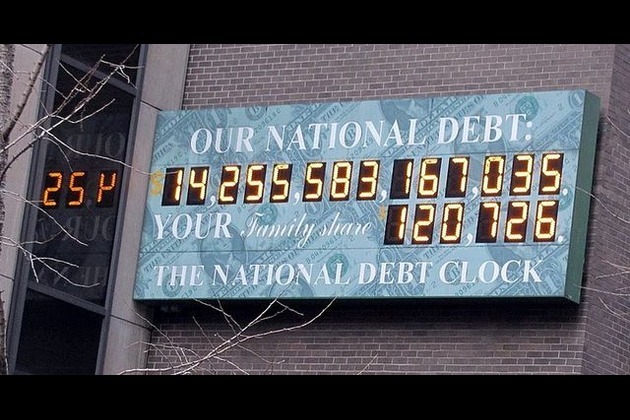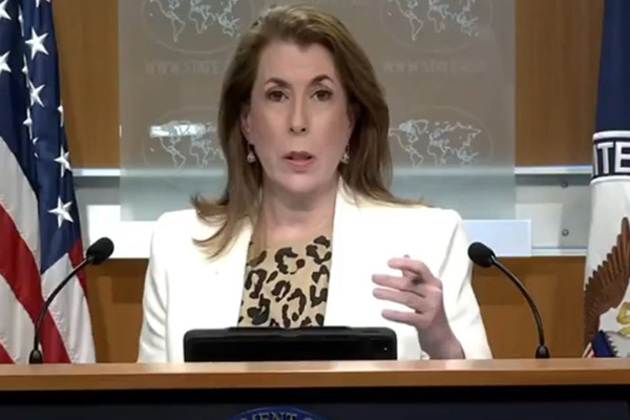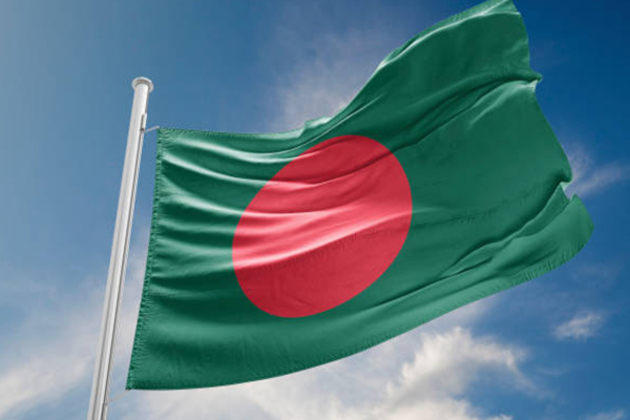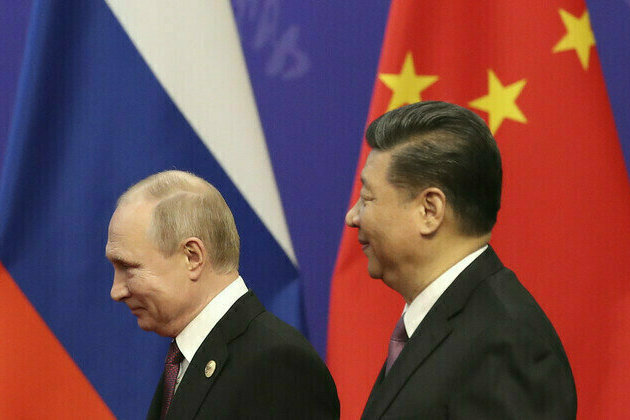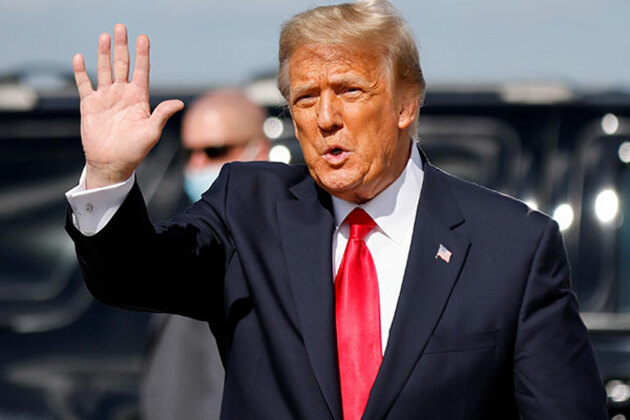Explainer: Where do things stand now as Trump prolongs tariff pause?
Xinhua
09 Jul 2025, 11:15 GMT+10
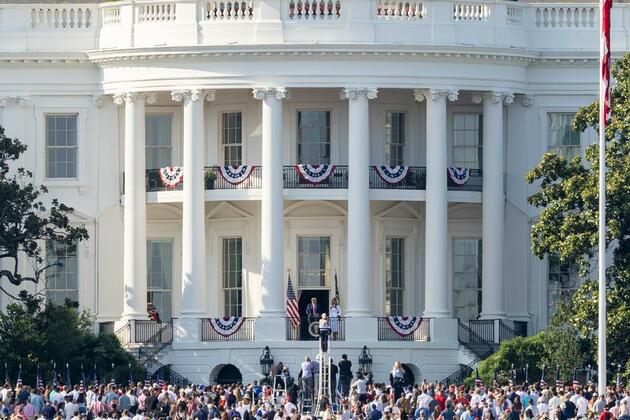
The delay adds yet another twist to Trump's original "90 deals in 90 days" promise -- so far yielding only two vague trade agreements with Britain and Vietnam.
WASHINGTON, July 9 (Xinhua) -- With the 90-day suspension of sweeping U.S. reciprocal tariffs scheduled to expire Wednesday, U.S. President Donald Trump signed an executive order Monday to extend the pause till Aug. 1 while trade negotiations continue.
Forbes described the move as the administration's "27th policy flip-flop" since April 2, dubbed "Liberation Day," when the White House launched its aggressive tariff campaign. The delay adds yet another twist to Trump's original "90 deals in 90 days" promise -- so far yielding only two vague trade agreements with Britain and Vietnam.
So where do things stand now -- and could more deals be coming down the pipeline between Washington and its major trading partners? Here's the latest:
ASIAN PARTNERS
Alongside the tariff reprieve extension, Trump on Monday announced new 25 percent tariffs -- effective Aug. 1 -- on imports from 14 countries, including key allies Japan and South Korea. The announcement came with a warning: retaliatory measures will be met with a tit-for-tat response. Still, Washington left the door open for negotiation.
In the previous seven round of bilateral talks, Japan had floated a package of concessions such as boosting imports of U.S. agricultural goods and liquefied natural gas in exchange for relief on automobile, which accounts for around 30 percent of Japan's exports to the United States. But Washington showed little flexibility.
Trump described Japan as "very tough" and "very spoiled" last week, and threatened to raise tariffs to 30-35 percent unless Japan opens its market to U.S. rice and other products. Japan is reportedly pushing for an eighth round of talks, but political constraints ahead of its general election and a sluggish economy limit its room to make major compromises.
South Korea has adopted a more multifaceted strategy. In addition to requesting a 90-day extension previously, Seoul had dispatched its top trade and security officials to Washington to engage in tariff discussions with wider cooperation, including exchange rate and defense issues, according to Reuters.
South Korea's Trade Ministry said Tuesday it will accelerate talks with Washington to reach a "mutually beneficial" agreement before the new deadline. President Lee Jae Myung admitted, "It's still not clear to each side what the other wants."
EUROPEAN ALLIES
Despite Washington's last-minute decision to extend the pause, the EU is still aiming to strike with the United States a deal by midweek.
"We're working towards July 9 as the point where we want to have an agreement in principle at a minimum with the U.S.," said Olof Gill, the Commission's trade spokesperson, on Monday.
Over the past months, Washington and Brussels have remained divided over tariffs on cars and steel, agricultural market access and digital regulation. Brussels' firm stance on protecting its food standards and tech sovereignty has irritated Trump, who called the EU "very nasty" and threatened to raise tariffs on European exports to as high as 50 percent.
As the largest trading partner of the United States, the bloc already faces a 10 percent baseline tariff, with autos at 25 percent and steel and aluminum at 50 percent. Should no agreement be reached by Aug. 1, EU exports may face a further tariff hike, as Trump has warned.
The EU executive said that Commission President Ursula von der Leyen had a "good exchange" on trade with Trump on Sunday. But she also said: "What we are aiming at is an agreement in principle, because with such a volume, in 90 days, an agreement in detail is impossible ... That is also what the UK did."
Meanwhile, EU countries remain split on strategy. Countries like Italy and Germany support a quick deal and are willing to make significant concessions in exchange for lower duties on strategic sectors, while France and Spain have so far taken a more confrontational approach, urging the Commission to adopt a tougher stance, according to media reports.
NEIGHBORS
The United States' neighboring countries appear to be faring better, thanks to tariff exemptions under the United States-Mexico-Canada Agreement (USMCA), which covers goods primarily produced in North America. But the pain is still real.
To continue trade talks with Trump, Canada recently scrapped a proposed 3 percent digital services tax targeting U.S. tech giants, a leavy Trump had slammed as "a blatant attack," after Trump called Canada "very nasty" and threatened to suspend trade talks if Canada imposes the tax.
Referring to the repeal, the White House said last week that Prime Minister Mark Carney and Canada "caved" to Trump and the United States.
According to Canada's Department of Finance, Trump and Carney are now aiming to finalize a trade deal by July 21. U.S. tariffs on Canadian metals -- a 50 percent levy on aluminum and 25 percent on steel -- as well as Canada's dairy supply management system could still return to the table.
Mexico has weathered the storm more effectively. Roughly half of its exports to its northern neighbor already meet USMCA rules of origin, and that share is expected to rise to 85-90 percent as companies adapt. That is much higher than Canada's 38 percent in 2024.
Mexico is also in talks with Washington over a quota system to allow a set volume of steel exports to enter at lower tariffs, Bloomberg reported on June 25. Additionally, Mexico is pushing for an early review of the USMCA, potentially by September, to secure longer-term trade certainty.
However, the quota proposal has yet to materialize, and the early review could become a bargaining chip for Washington in further negotiations.
While negotiations are clearly active, it remains far too early to predict any concrete deals. The Peterson Institute for International Economics estimated in February that tariffs would reduce U.S. GDP growth by around 0.25 percentage points.
 Share
Share
 Tweet
Tweet
 Share
Share
 Flip
Flip
 Email
Email
Watch latest videos
Subscribe and Follow
Get a daily dose of Mexico City Sun news through our daily email, its complimentary and keeps you fully up to date with world and business news as well.
News RELEASES
Publish news of your business, community or sports group, personnel appointments, major event and more by submitting a news release to Mexico City Sun.
More InformationSouth America
SectionPM Modi arrives in Namibia for first-ever visit, to hold bilateral talks with President Nandi-Ndaitwah
Windhoek [Namibia], July 9 (ANI): Prime Minister Narendra Modi arrived in Windhoek, the capital of Namibia, on Wednesday morning (local...
"Super Premium Frequent Flier PM is in Namibia today": Jairam Ramesh
New Delhi [India], July 9 (ANI): Congress General Secretary Incharge of Communication, Jairam Ramesh on Wednesday launched a fresh...
"Symbol of Bharat's growing global stature": UP CM Yogi Adityanath on PM Modi receiving Brazil's top honour
Lucknow (Uttar Pradesh) [India], July 9 (ANI): Uttar Pradesh Chief Minister Yogi Adityanath on Wednesday congratulated Prime Minister...
India looking at importing uranium from Namibia: Indian envoy ahead of PM Modi's visit
Windhoek [Namibia], July 9 (ANI): Ahead of Prime Minister Narendra Modi's visit, India's High Commissioner to Namibia, Rahul Shrivastava,...
India looking at exporting uranium from Namibia: Indian envoy ahead of PM Modi's visit
Windhoek [Namibia], July 9 (ANI): Ahead of Prime Minister Narendra Modi's visit, India's High Commissioner to Namibia, Rahul Shrivastava,...
PM Modi, Brazilian President discuss ways to deepen trade ties and diversify trade
Brasilia [Brazil], July 9 (ANI): Prime Minister Narendra Modi and Brazilian President Luiz Inacio Lula da Silva held a meeting at the...
World
SectionUS debt limit raised, but spending bill fuels fiscal concerns
NEW YORK CITY, New York: With just weeks to spare before a potential government default, U.S. lawmakers passed a sweeping tax and spending...
Explainer: Where do things stand now as Trump prolongs tariff pause?
The delay adds yet another twist to Trump's original 90 deals in 90 days promise -- so far yielding only two vague trade agreements...
"Some opinions are wrong; mine rarely are": US State Dept slams India's stance on Washington playing no role in ceasefire with Pakistan
Washington DC [US], July 9 (ANI): The US State Department on Tuesday (local time) criticised India's stance on the US playing no role...
Bangladesh-US second round tariff talks begin amid looming 35% US tariffs
Dhaka [Bangladesh], July 9 (ANI): The United States Trade Representative (USTR) has invited Bangladesh to the second round of negotiations...
EUs von der Leyen issues threat to China over Russia
The European Commission president has accused Beijing of helping Moscows war economy European Commission President Ursula von der...
Trump to announce new trade tariffs for "a minimum of seven countries"
Washington DC [US], July 9 (ANI): A day after Donald Trump announced reciprocal tariffs on 14 countries, two days ahead of his deadline...

